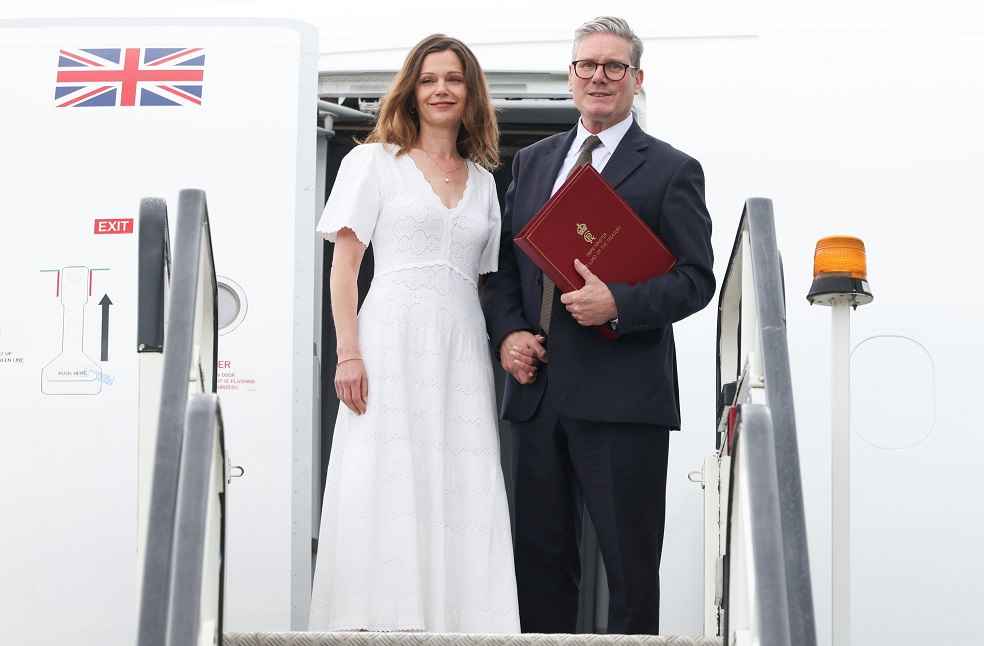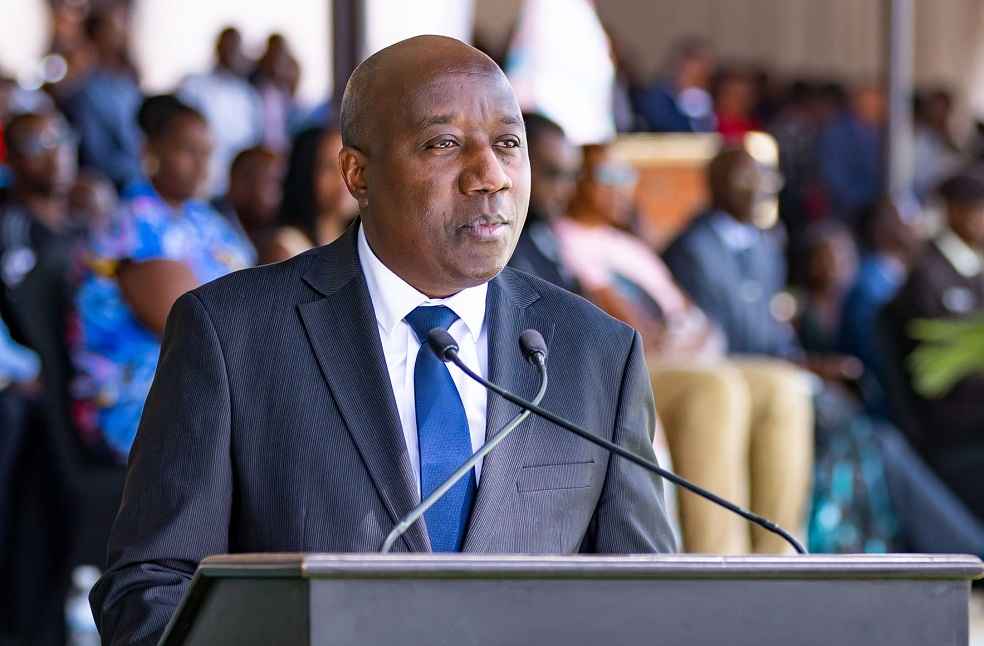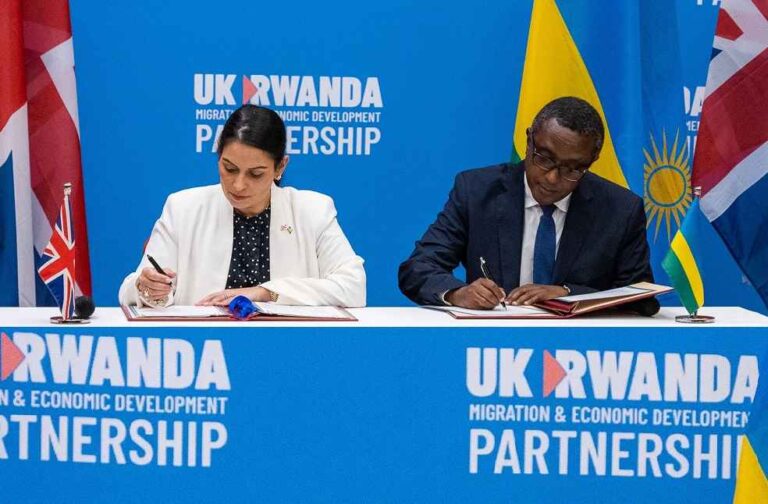Following the Labour Party’s triumph in the recent UK general elections, newly elected Prime Minister Keir Starmer has promptly terminated the controversial Rwanda plan initiated by his predecessor, Rishi Sunak. However, Rwanda has declined to return the substantial funds received from the UK for the scheme. Here’s an in-depth look at the situation.
The Rwanda Plan
The ‘Rwanda plan,’ a signature initiative of former Conservative Prime Minister Rishi Sunak, was introduced in April 2022 to curb illegal immigration into the UK. The policy proposed deporting undocumented asylum seekers to Rwanda while their claims were processed. This controversial plan faced significant opposition and legal hurdles, leading to no deportations before the Labour government scrapped it.
The United Nations High Commissioner for Refugees (UNHCR) was among the prominent organizations criticising the policy. They argued that it contravened international refugee laws established under the 1951 UN Refugee Convention, to which the UK is a signatory. Additionally, the plan’s effectiveness in deterring illegal immigration remained questionable.
Reasons for Scrapping the Plan

Prime Minister Keir Starmer, in one of his first major policy decisions, declared the Rwanda plan “dead and buried.” Starmer criticised the plan for being both expensive and ineffective, failing to address the core issues of illegal immigration. The Labour government plans to reallocate the funds previously earmarked for the Rwanda plan towards more effective measures to combat human smuggling and expedite asylum claims.
A key component of the new strategy involves the creation of a multi-agency Border Security Command. This initiative aims to enhance coordination and intelligence sharing in tackling human smuggling operations. Additionally, the government intends to streamline the asylum process to ensure the swift return of migrants from “safe countries.”
Undocumented Immigrants
The UK has experienced a significant increase in undocumented immigrants entering the country through fraudulent means, particularly via small boats. According to the UK Home Office, over 11,247 undocumented immigrants were detected crossing into the UK by small boat by June this year, marking a more than 20% increase compared to the same period last year. In 2023, a total of 30,653 small boat arrivals were recorded, with a record 45,755 detected in 2022.
Rwanda’s Response
Despite the termination of the plan, Rwanda has refused to refund the funds received from the UK. By the end of 2023, the Conservative government had already transferred £220 million to Rwanda for operational expenses related to the scheme. Rwanda had been set to receive additional funding as the plan progressed.
Rwanda’s government spokesperson, Alain Mukuralinda, stated that the funds had been used to prepare for the arrival of migrants, and there was no clause in the agreement that required a refund if the plan was scrapped. The funds were reportedly utilised for the construction of housing units in Kigali, Rwanda’s capital, among other operational expenses.
Impact in Rwanda

The housing units built with UK funds have since been sold as “affordable housing” to local buyers. According to Hassan Adan Hassan, the managing director of the company behind the development, nearly 70% of these homes had been sold before the UK elections in July. These developments include essential amenities such as electricity, water, fibre optic connections, roads, and street lights.
However, the termination of the plan has raised concerns among some Rwandans. Workers involved in the construction and maintenance of the UK-funded infrastructure now face potential job losses and economic instability. Many had hoped for continued development and employment opportunities through the project.
Finding Solutions
The scrapping of the Rwanda plan marks a significant policy shift in the UK’s approach to handling undocumented immigration. While the Labour government seeks to implement more effective measures, the financial and social ramifications of the terminated plan continue to unfold. As the UK and Rwanda navigate the aftermath of this decision, the focus will likely remain on finding sustainable solutions to the complex issue of illegal immigration.
HEALTH | Deadly flesh-eating bacteria outbreak in Japan raises concerns



